Spokesman Review
By: Senators Joe Fain & Andy Billig
A political campaign by nature draws distinctions between two or more choices, and often highlights clear-cut differences of opinion. However, there should be no difference of opinion concerning one aspect of a campaign, regardless of party affiliation: the public has a right to know who is funding it.
Overall, our state’s Public Disclosure Commission has done a good job ensuring election transparency since its creation in 1972. For the most part, the PDC website shows where campaign funding comes from and how it is spent. This is true for statewide positions, such as governor, down to local districts, like sewer commissions and parks boards.
For the most part, this system provides transparency and accountability whether one is donating directly to a single candidate or a political action committee that supports specific issues.
There is one area, however, where voters remain in the dark.
Washington state law unintentionally allows some to game the system and hide donors’ identities – because if a nonprofit organization donates directly to a campaign, only its name is disclosed and not the original source of money.
While the word “loophole” has been overused at the Capitol, it fits here because the wording of the law has let a growing number of organizations get around the intent of promoting transparency and exposing the source of money in politics.
Voters have the right to know who’s paying for a politician’s campaign. While campaign funders do not necessarily define a candidate or issue, we’ve seen throughout history how hidden campaign spending in other parts of the country has fueled a culture of corruption and self-dealing.
This is why we’ve sponsored the Washington DISCLOSE Act, which stands for “Democracy Is Strengthened by Casting a Light On Spending in Elections.” The bill requires public disclosure of donors by a nonprofit that spends more than $25,000 a year on election activities and receives donations of more than $25,000. If triggered, a nonprofit would be required to disclose the identity of its 10 largest contributors of more than $10,000 in a year. The bill passed the Legislature with bipartisan majorities and now awaits the governor’s signature.
Opponents of the bill have provided thoughtful feedback and worked with us to improve the legislation. However, there’s still concern that the bill seeks to “out” nonprofit donors who prefer not to have their identities known. The remedy for that is simple: nonprofit organizations can register a separate political action committee under current rules, raise money through the committee, and transparently donate to the candidates or issues the organization supports.
Most organizations comply with our campaign-transparency laws. It’s unfortunate that some – often from out of state – have seized on this loophole to mask their intentions and keep voters in darkness.
It may not change your mind to know who’s spending what toward an item on your ballot. But the bottom line is, voters in our state have the right to information about a campaign’s finances.
Passing the Washington DISCLOSE Act strengthens campaign finance transparency, better informs voters, and reduces opportunities for corruption, altogether strengthening our democracy.
Sen. Andy Billig (D) is the prime sponsor of the Washington DISCLOSE Act and represents Washington’s 3rd Legislative District in Spokane. Sen. Joe Fain (R) co-sponsored the measure and represents parts of South King County in the 47th Legislative District.

